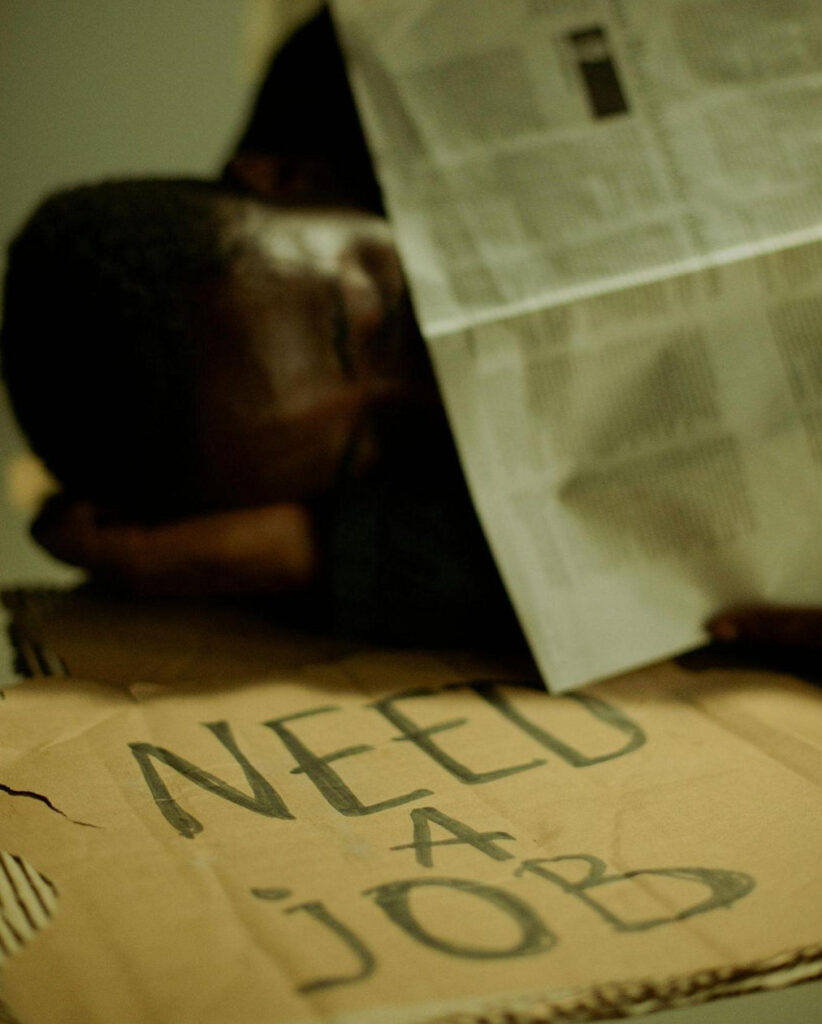Reviews
The High Cost of Waiting: Why Early Intervention in Substance Abuse Saves Lives

When people talk about the impacts of substance abuse, they often think only of addiction itself. But the effects of untreated substance use ripple outward into families, hospitals, shelters, and entire communities. The longer treatment is delayed, the higher the cost becomes.
The annual cost of emergency room visits and inpatient care for substance abuse has been estimated to exceed $13 billion per year in the United States alone. Beyond hospital bills, the toll is visible in rising homelessness, overburdened law enforcement, and strained mental health systems. Substance abuse is now considered a leading cause of homelessness in the United States, with roughly one-third of unhoused individuals living with an alcohol or drug use disorder.
Early intervention doesn’t just save lives—it prevents people from losing everything that makes life livable.
A Crisis That Starts Small—and Spreads Fast
Addiction rarely begins with a dramatic moment. It often starts quietly: a prescription taken longer than needed, a drink to dull stress that becomes a nightly ritual, a recreational escape that turns into a need. For many, the descent happens gradually enough to go unnoticed until housing, employment, and relationships start to unravel.
This slow progression is exactly why early screening and treatment are critical. Identifying substance use earlier increases the chance of long-term recovery. But as stigma and limited access to care persist, most individuals wait until they hit rock bottom. That’s when treatment becomes exponentially more complicated, and the fallout extends far beyond the person struggling.
“By the time we see them in the ER, they’ve already lost housing, family, or both,” says Dr. Roger Starner Jones Jr., MD, a Tennessee-based addiction medicine physician who has treated more than 80,000 patients. “We could save lives—and communities—if we caught addiction at its earliest stages instead of its latest.”

The Domino Effect of Delayed Treatment
Untreated addiction doesn’t stay contained within the person using. It spreads across every level of a community—what experts call the “public cost of private pain.”
- Hospitals absorb the immediate fallout, with patients repeatedly cycling through emergency rooms for withdrawal, overdose, or injury.
- Shelters and housing programs struggle to accommodate individuals who can’t maintain stability without access to treatment.
- Law enforcement becomes a default mental health provider, managing crises that are medical, not criminal.
Without early intervention, addiction can cause homelessness, job loss, and incarceration, turning a treatable condition into a lifelong struggle.
Dr. Jones believes these downstream costs highlight a deeper policy failure. “We wait until someone is in crisis before we act,” he says. “Imagine if we handled cancer or diabetes that way—waiting until it’s stage four before treating it.”

The Case for Early Intervention
Prevention and early treatment are among the most cost-effective investments a society can make. Research shows that every dollar spent on substance abuse treatment saves $4 in healthcare costs and $7 in law enforcement and other criminal justice costs.
Yet early intervention remains the exception, not the norm. In most communities, people seeking help encounter long waitlists, limited insurance coverage, or programs that require total sobriety before enrollment—creating impossible barriers for those in active use.
What works, according to Dr. Jones and other experts, is a system built on access, continuity, and compassion:
- Screen early and often — Primary care providers, schools, and workplaces should have tools to identify risky substance use before it escalates.
- Meet people where they are — Offer low-threshold care options that don’t require abstinence to start treatment.
- Integrate housing and health — Stable housing is both a treatment tool and an outcome of recovery.
- Close the loop — Connect hospitals, outpatient programs, and social services so no one falls through the cracks.
“Addiction is treatable,” Dr. Jones emphasizes. “But the longer we wait, the more expensive—and heartbreaking—the recovery becomes.”
Changing the Narrative
There’s still a deep stigma surrounding addiction, a belief that people have to “want help” before they can be helped. But neuroscience tells a different story. Substance use disorders alter brain circuits responsible for motivation and decision-making, making it nearly impossible for someone in active addiction to seek care on their own.
This is why many experts, including Roger Starner Jones Jr., MD, advocate for proactive approaches that don’t depend on self-referral. Programs like Room In The Inn in Nashville, Tennessee, and other recovery-oriented community models demonstrate how outreach, housing, and ongoing support can interrupt the downward spiral.
“Every person we reach early is one less person cycling through the ER or sleeping under a bridge,” Dr. Jones says. “It’s not just compassionate—it’s practical.”
A Call to Act Sooner
Delaying treatment doesn’t just risk lives; it compounds suffering across families, healthcare systems, and entire cities. There is a high cost to waiting—more emergency visits, jail bookings, and homelessness, but it begins with missed opportunities for prevention.
Communities that invest in early screening, education, and treatment are not just saving lives; they’re protecting futures, families, and neighborhoods.
As Dr. Roger Starner Jones Jr., MD, Tennessee, puts it, “We can spend billions reacting to the crisis—or we can spend a fraction of that preventing it. The choice is ours.”

-

 Legal6 days ago
Legal6 days agoMichigan man JD Vance sentenced to 2 years for threatening Trump and JD Vance
-

 Politics1 week ago
Politics1 week agoU.S. to designate Maduro-linked Cartel de los Soles as terrorist organization
-

 Health7 days ago
Health7 days agoCambodia reports fatal H5N1 bird flu case in 22-year-old man
-

 World4 days ago
World4 days agoHurricane Melissa registered 252 mph wind gust, breaking global record
-

 Legal4 days ago
Legal4 days agoWoman in critical condition after being set on fire on Chicago train
-

 Politics7 days ago
Politics7 days agoEpstein survivors release PSA calling on Congress to release all files
-

 Legal4 days ago
Legal4 days ago1 dead, 2 injured in shooting at Dallas Walmart parking lot
-

 Legal3 days ago
Legal3 days agoSuspect in San Diego stabbing shot by authorities after fleeing into Mexico




